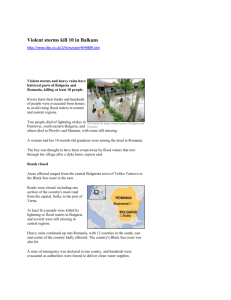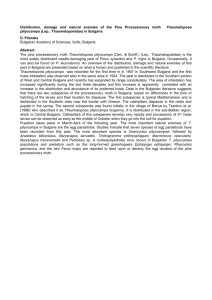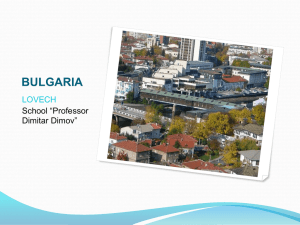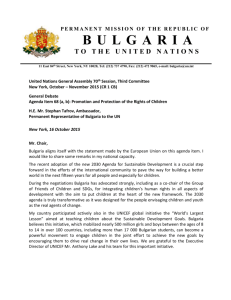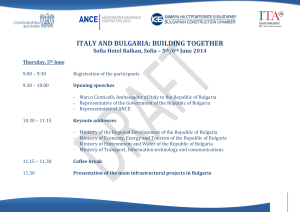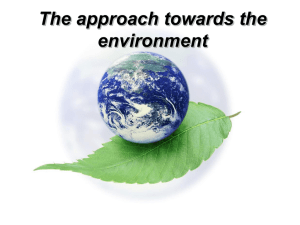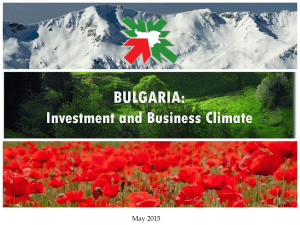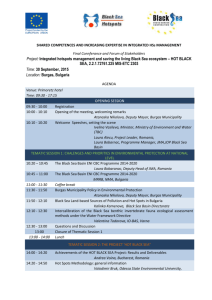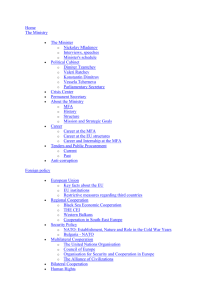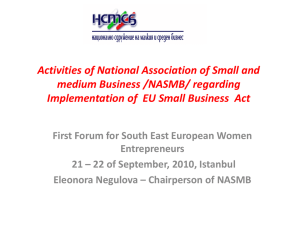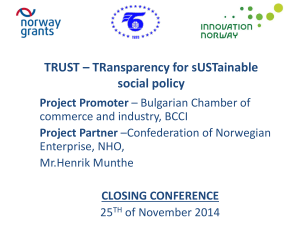Prof. Dr. Plamen Tzvetkov
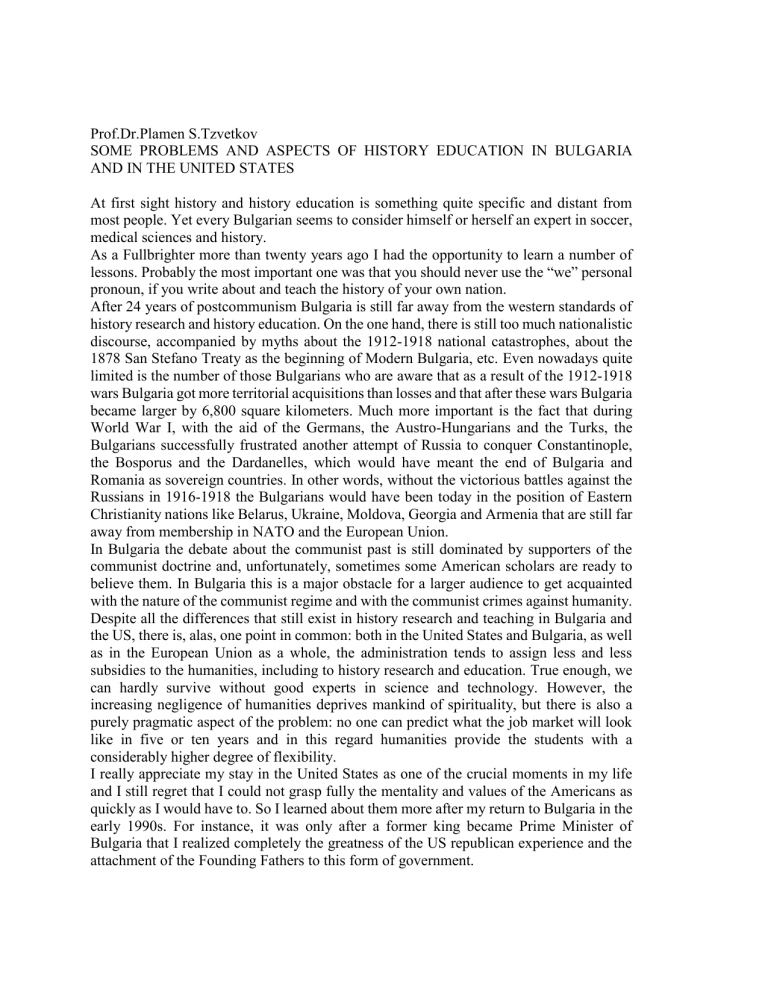
Prof.Dr.Plamen S.Tzvetkov
SOME PROBLEMS AND ASPECTS OF HISTORY EDUCATION IN BULGARIA
AND IN THE UNITED STATES
At first sight history and history education is something quite specific and distant from most people. Yet every Bulgarian seems to consider himself or herself an expert in soccer, medical sciences and history.
As a Fullbrighter more than twenty years ago I had the opportunity to learn a number of lessons. Probably the most important one was that you should never use the “we” personal pronoun, if you write about and teach the history of your own nation.
After 24 years of postcommunism Bulgaria is still far away from the western standards of history research and history education. On the one hand, there is still too much nationalistic discourse, accompanied by myths about the 1912-1918 national catastrophes, about the
1878 San Stefano Treaty as the beginning of Modern Bulgaria, etc. Even nowadays quite limited is the number of those Bulgarians who are aware that as a result of the 1912-1918 wars Bulgaria got more territorial acquisitions than losses and that after these wars Bulgaria became larger by 6,800 square kilometers. Much more important is the fact that during
World War I, with the aid of the Germans, the Austro-Hungarians and the Turks, the
Bulgarians successfully frustrated another attempt of Russia to conquer Constantinople, the Bosporus and the Dardanelles, which would have meant the end of Bulgaria and
Romania as sovereign countries. In other words, without the victorious battles against the
Russians in 1916-1918 the Bulgarians would have been today in the position of Eastern
Christianity nations like Belarus, Ukraine, Moldova, Georgia and Armenia that are still far away from membership in NATO and the European Union.
In Bulgaria the debate about the communist past is still dominated by supporters of the communist doctrine and, unfortunately, sometimes some American scholars are ready to believe them. In Bulgaria this is a major obstacle for a larger audience to get acquainted with the nature of the communist regime and with the communist crimes against humanity.
Despite all the differences that still exist in history research and teaching in Bulgaria and the US, there is, alas, one point in common: both in the United States and Bulgaria, as well as in the European Union as a whole, the administration tends to assign less and less subsidies to the humanities, including to history research and education. True enough, we can hardly survive without good experts in science and technology. However, the increasing negligence of humanities deprives mankind of spirituality, but there is also a purely pragmatic aspect of the problem: no one can predict what the job market will look like in five or ten years and in this regard humanities provide the students with a considerably higher degree of flexibility.
I really appreciate my stay in the United States as one of the crucial moments in my life and I still regret that I could not grasp fully the mentality and values of the Americans as quickly as I would have to. So I learned about them more after my return to Bulgaria in the early 1990s. For instance, it was only after a former king became Prime Minister of
Bulgaria that I realized completely the greatness of the US republican experience and the attachment of the Founding Fathers to this form of government.

